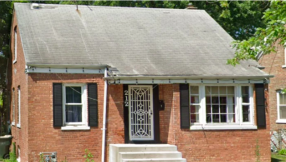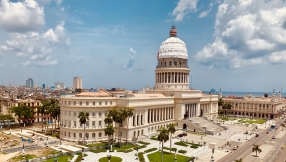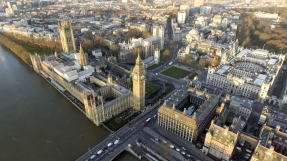Darfur attack shows need for robust force -UN
John Holmes, U.N. under-secretary-general for Humanitarian Affairs and Emergency Relief Coordinator, said it was crucial for Darfur peace talks to proceed this month in Libya.
Investigations continue into the raid on Haskanita base in which 20 African Union (AU) soldiers were killed or hurt at the weekend, although a "rogue part of the JEM" could be to blame, he said, referring to the rebel Justice Equality Movement.
"We shouldn't be deflected by this from what we are trying to do, either on putting a peacekeeping force, a strengthened hybrid force in place, or from pressing ahead with the talks process," the former British diplomat said in an interview.
"This reinforces the need for it, rather than the other way around," he told Reuters in Geneva.
He spoke before returning to New York, where on Monday the Security Council put off for a day an official statement condemning the attack because of a dispute over naming the culprits behind the worst assault on AU forces since 2004.
"We're still trying to establish exactly what happened and why. It doesn't help in the run-up to the talks which are the absolutely crucial element in all of this," Holmes said.
Talks mediated by the United Nations and African Union are planned in Libya on Oct. 27.
The AU mediated a peace agreement between the Sudanese government and Darfur rebels in May 2006 but only one of three rebel negotiating factions signed it. Since then, rebels have split into a dozen factions.
Experts estimate 200,000 people have died and 2.5 million have been driven from their homes since mostly non-Arab rebels took up arms in early 2003 accusing the government of neglect. Khartoum, which mobilised mainly Arab militias to quell the revolt, says only 9,000 people have died.
MORE ROBUST MANDATE
An AU-U.N. force of up to 26,000 troops and police is due to deploy in Darfur next year to help the under-funded and ill-equipped 7,000-strong AU force in the vast western region.
"It will be much bigger with a more robust mandate, better equipped with an ability to operate at night," Holmes said.
"They have to be prepared at the very least to defend themselves from attack but also to do more to protect civilians, that is an important element of the mandate," he added.
The United Nations and the African Union have been in dispute over the force's composition, with the AU backing Sudan in wanting all African troops.
Holmes said more than a dozen African countries had offered troops, but it was key to get the "right balance" of mobile troops backed by equipment and specialised training.
"There are some specialised areas where troops from other countries which are not African may be able to reinforce the strength of the force," he said, adding that this was under discussion between the U.N., AU and Sudan government.
The United Nations continues its relief work in Darfur, except for "no go" areas.
"The humanitarian effort remains enormous and for the most part quite successful, but it is fragile because it is operating in such delicate territory. That is why I hope this latest incident isn't going to destabilise things," he said.













